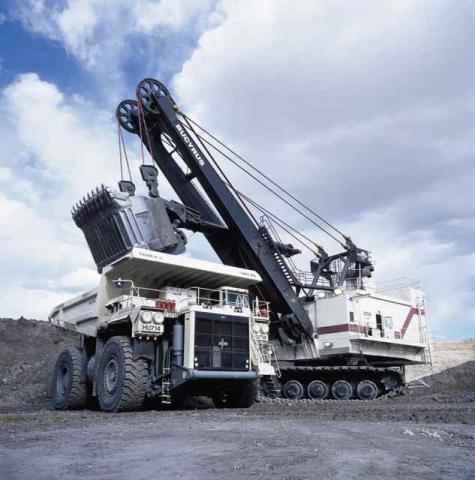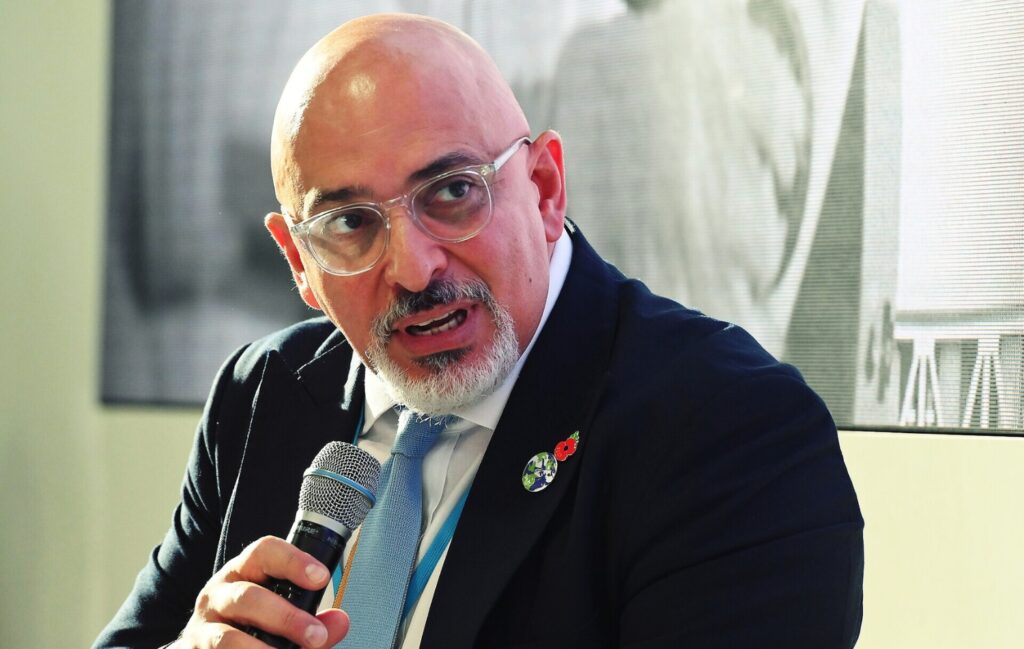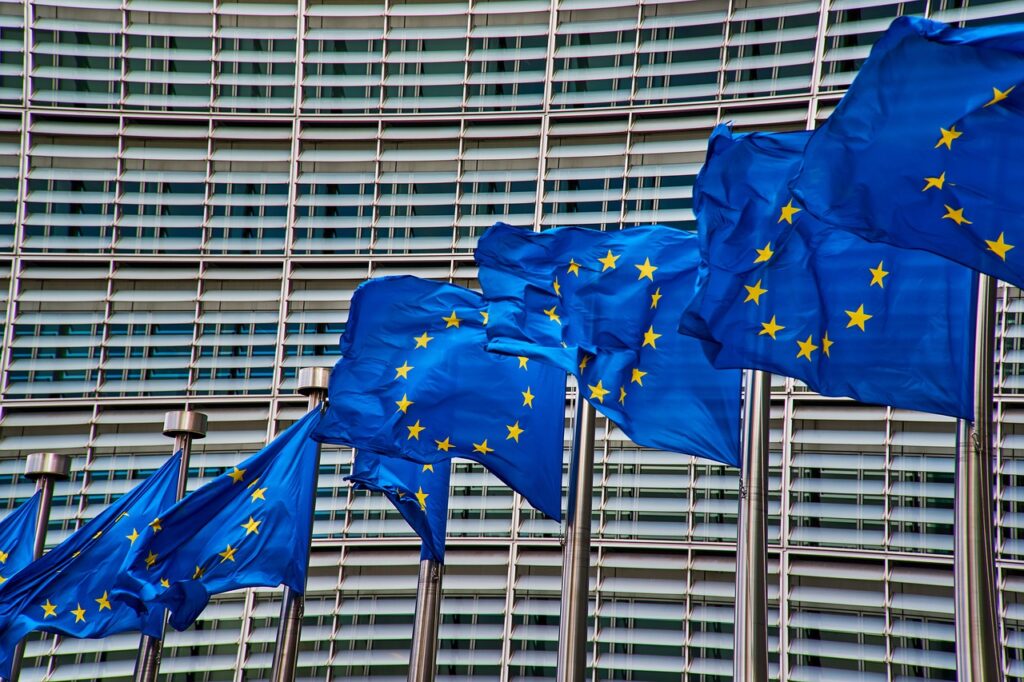It’s a small world after all. Turns out that a PowerPoint being trotted out by House Republicans to undermine the Waxman-Markey climate and energy bill was apparently created by none other than dirty fuel giant Peabody Energy.
Grist broke this hilarious story by burrowing into the PowerPoint file properties, revealing the “author” was Peabody CEO Greg Boyce and their communications services manager Chris Taylor was listed as the file “manager.”
Oops.
As if Republican clean energy opponents needed another hit to their already battered credibility, it seems the fossil fuel industry is now even writing their talking points for them.
The PowerPoint and related teleconference event was apparently intended to ““highlight how the Democrats’ National Energy Tax will make it more expensive for rural Americans to fertilize the crops, put fuel in the tractor and food on the table.”
Such scare tactics are now in high rotation on the Hill as the battle heats up for the energy future of America. Separate bills in the House and Senate are being assailed by vested interests in the powerful carbon lobby, as evidenced by this latest incredible fiasco.
Fossil fuel-friendly members of the Senate Energy and Natural Resources Committee have so-far blocked a meaningful renewable energy standard, instead insisting on massive increases in offshore drilling and loan guarantees for a gas pipeline in Alaska.
“This bill’s renewable standard is so pitiful that it wouldn’t require any new renewable energy development beyond business as usual,” warned Marchant Wentworth, a clean-energy advocate at the Union of Concerned Scientists.
In fact, the draft Senate bill is now so bad it could actually be worse than no law at all.
According to Wentworth, “if any states adopted the loopholes and exemptions in this bill, it could reduce the amount of renewable energy development we expect under existing state policies”
The political fear mongering focuses on the fiction that a low carbon future will be bad for consumers and the economy. In fact, exactly the opposite is true.
A recent study by the Consumer Federation of America – hardly a strong advocate of higher prices – found that a national renewable energy standard (RES) of 25% would save U.S. consumers $200 billion a year in differed energy costs by 2030.
Another report concluded such a clean energy requirement, which has proved an enormous boon to the California economy, would add 850,000 jobs in fifteen years to the beleaguered US manufacturing sector.
Another investigation showed the renewable sector in the last decade grew 250% faster than the rest of the economy – even before the massive investment of public dollars towards clean energy.
“Study after study tells us that a robust renewable electricity standard requiring utilities to get a quarter of their electricity from sources like the wind and sun would create jobs and save ratepayers money,” said Wentworth.
Instead the whopper being circulated on Capitol Hill – apparently cribbed from Big Coal – is that strong requirements for renewable energy would be bad for business. Of course that depends on whose business you are talking about…
Peabody is the largest private sector coal company in the world with reserves in 2006 of 10.2 billion tons of unextracted coal. It is little wonder why they might oppose shifting to a clean energy future.
While this fight is far from over, the Senate bill has already been watered down to an RES of only 15% by 2021. Some lawmakers are vowing to do even more damage as the bill moves out of Committee.
Makes you wonder who they are really working for…
Subscribe to our newsletter
Stay up to date with DeSmog news and alerts






